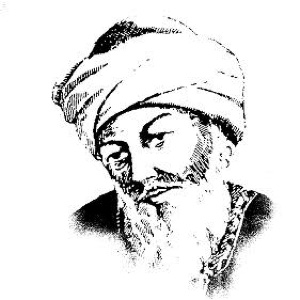He always knows what is in men’s minds; you would do well to reflect on this. Love’s conqueror is he whom love conquers. Hakim Sanai (circa 1080 – 1141)


He always knows what is in men’s minds; you would do well to reflect on this. Love’s conqueror is he whom love conquers. Hakim Sanai (circa 1080 – 1141)

While reason is still tracking down the secret, you end your quest on the open field of love. Hakim Sanai (circa 1080 – 1141)

When you sincerely enter into prayer, you will come forth with all your prayers answered. But a hundred prayers that lack sincerity will leave you still the bungler that you are, your work a failure. Prayers said from habit are like the dust that scatters in the wind. The prayers that reach God’s court are uttered by the soul. Hakim […]

Bring all of yourself to his door. Bring only a part, and you’ve brought nothing at all. Hakim Sanai (circa 1080 – 1141)

Love’s conqueror is he whom love conquers. Hakim Sanai (circa 1080 – 1141)

No tongue can tell Your secret For the measure of the word obscures Your nature But the gift of the ear Is that it hears What the tongue cannot tell. Hakim Sanai (circa 1080 – 1141)

It is useless quibbling over a mere word, even if that word is God. To accept or reject it, when we have no knowledge of what it may represent, is equally inappropriate. God is a mystery, and the mystery remains, whatever name we give to it. Hakim Sanai (circa 1080 – 1141), from The Walled Garden of Truth

The special form of friendship and love which grows between teacher and pupil is simultaneously a bond of friendship between man and God. Such a process is the very reverse of hero-worship. The teacher systematically and very effectively rejects those manifestations from his charges which have their origins in the self. Pupils are weaned at the outset from the tendency […]